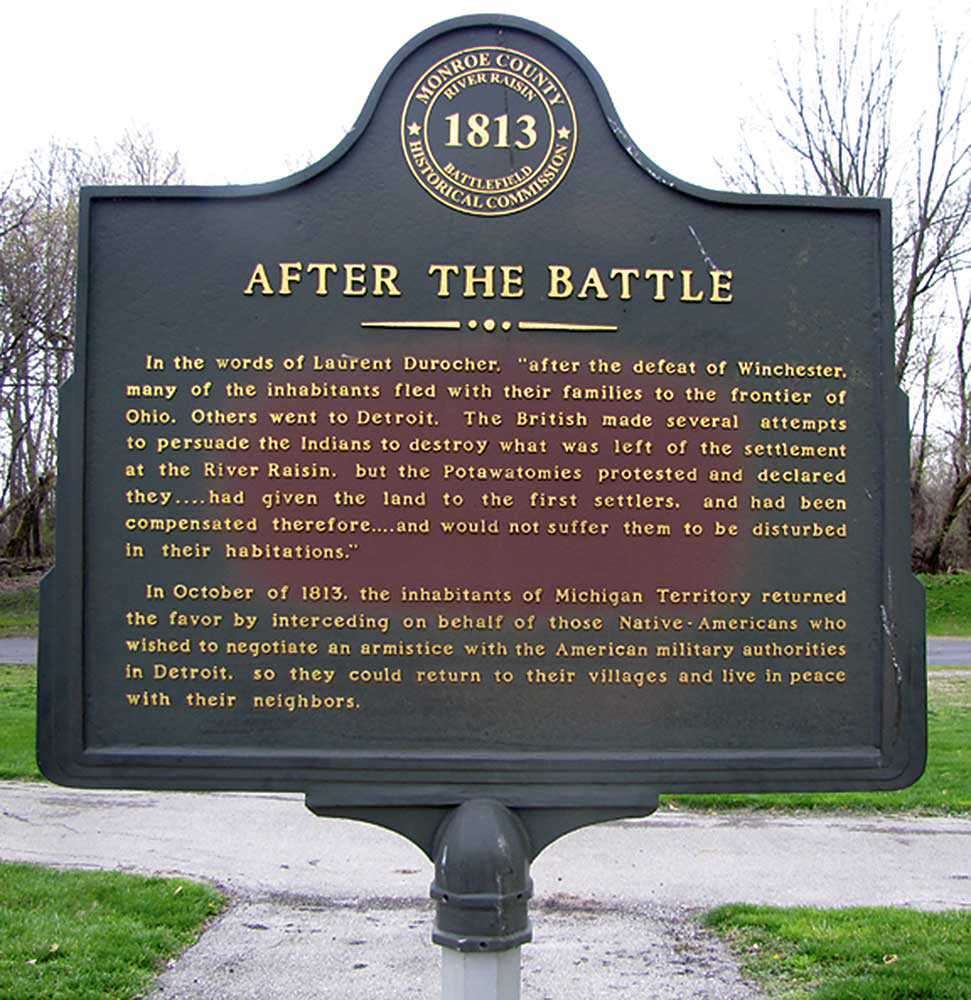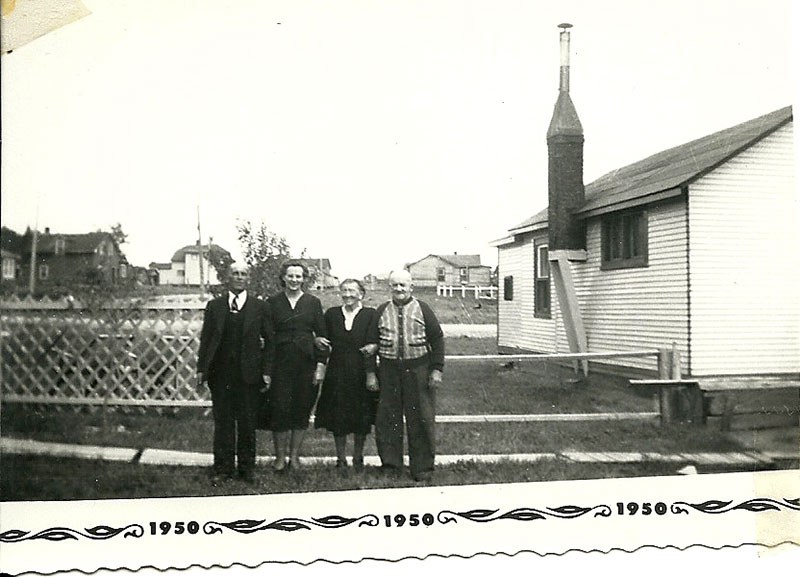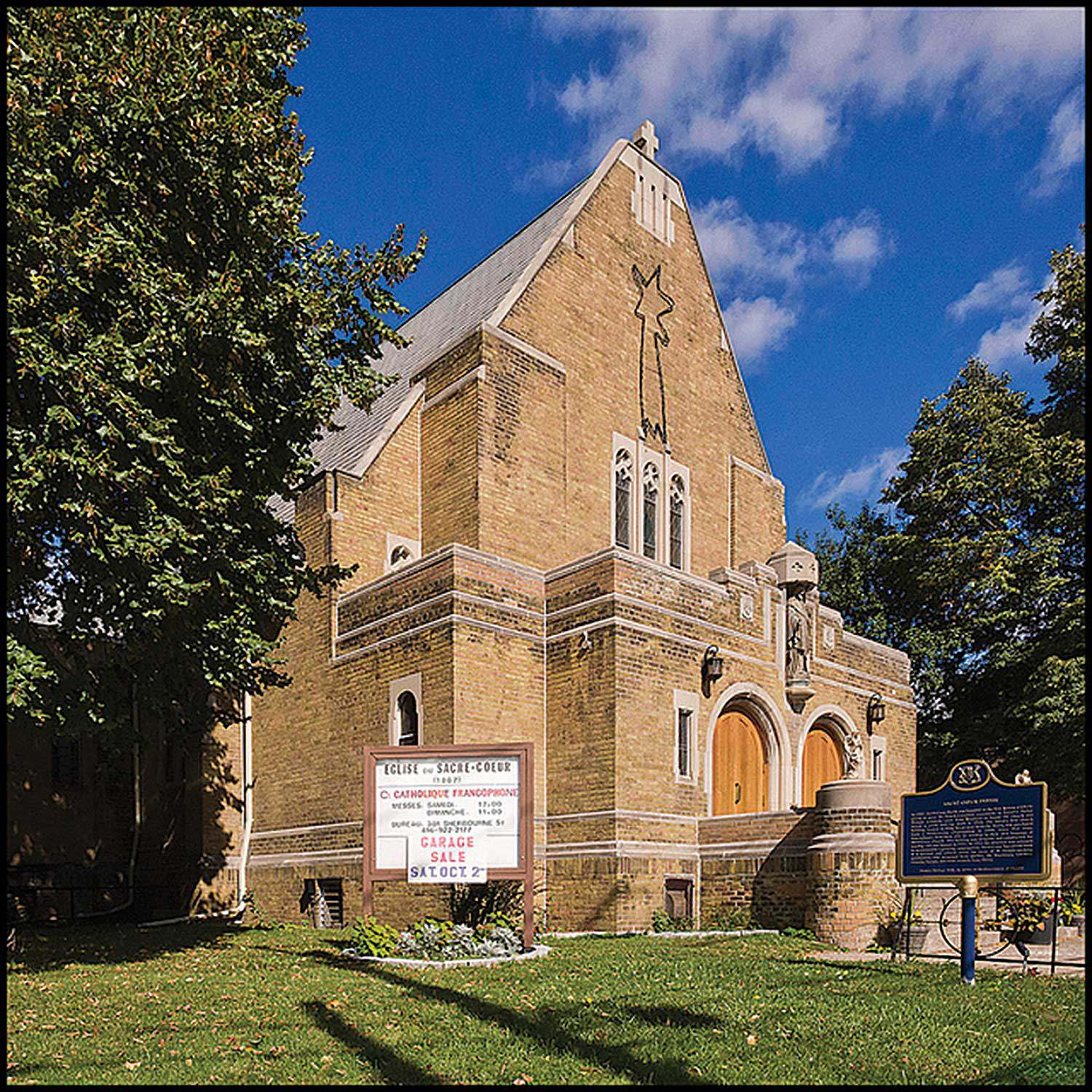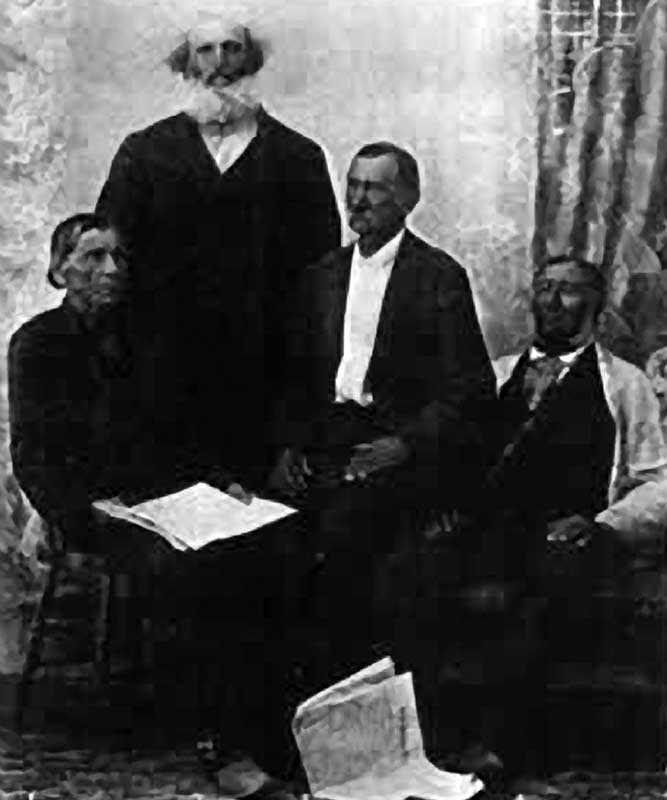

Browse by category
- Adaptive reuse
- Archaeology
- Arts and creativity
- Black heritage
- Buildings and architecture
- Communication
- Community
- Cultural landscapes
- Cultural objects
- Design
- Economics of heritage
- Environment
- Expanding the narrative
- Food
- Francophone heritage
- Indigenous heritage
- Intangible heritage
- Medical heritage
- Military heritage
- MyOntario
- Natural heritage
- Sport heritage
- Tools for conservation
- Women's heritage
Choosing sides: French presence on the Detroit frontier during the War of 1812


"‘In the words of Laurent Durocher, “after the defeat of Winchester, many of the inhabitants fled with their families to the frontier of Ohio. Others went to Detroit. The British made several attempts to persuade the Indians to destroy what was left of the settlement at the River Raisin, but the Potawatomies protested and declared they . . . had given the land to the first settlers, and had been compensated therefore . . . and would not suffer them to be disturbed in their habitations.” In October of 1813, the inhabitants of Michigan Territory returned the favor by interceding on behalf of those Native-Americans who wished to negotiate an armistice with the American military authorities in Detroit, so they could return to their villages and live in peace with their neighbors.’"
Battles of the War of 1812, waged on the Detroit frontier, had a significant impact on the lives of the predominantly French settlers of the area. When Britain surrendered Michigan to the United States in 1796, the Detroit River became a border between Upper Canada and what would be known by 1805 as Michigan Territory.
In southwest Upper Canada, authorities created Essex County in 1792 – although its limits were changed in 1800 to include the south shore of the Detroit River – while, across the border, the American government created Wayne County in 1796. Until 1817, Wayne County was Michigan’s only county and it included all of the Lower Peninsula.
In 1812, about 6,500 European-Americans inhabited the Detroit River region, more than half of whom resided on the American side. About 700 lived within Fort Detroit, while fewer than 300 lived in the towns of Sandwich and Amherstburg. The rest of the population resided in agricultural settlements that French settlers from present-day Quebec had established on both sides of the Detroit River. When the War of 1812 began, these French settlers comprised the majority of the European-American population of both Essex and Wayne counties. In an instant, members of the same French community went from being neighbours to combatants with divided allegiances.
During the War of 1812, the Essex County militia was divided into two regiments. Frenchmen represented half of the privates of the First Regiment and virtually all of the Second Regiment. Names like Boucher, Campeau, Duchesne, Laframboise, Meloche, Nadeau, Pillette, Réaume and Tremblay appear in the Essex militia. In the southeast portion of Michigan Territory, the Wayne County militia was also divided into two regiments – and most of their captains, lieutenants and privates were also French. In addition, dozens of Frenchmen from Wayne County served as spies for the United States because of their knowledge of the region and its Native peoples. Frenchmen of the Essex and Wayne militia met on the battlefield on several occasions during the War of 1812, most notably at the Battle of Frenchtown (January 22, 1813 in Michigan – a British victory) and at the Siege of Fort Meigs (April 28-May 9, 1813 in Ohio – an American victory).
Casualties among the French settlers of Essex and Wayne counties were small compared to British and American soldiers. Still, several Frenchmen were killed during the War of 1812. Beyond these casualties, most French settlers on the Detroit frontier suffered immensely from the destruction of their properties and the killing of their livestock. It took several years for these French settlers to recover from losses inflicted during the War of 1812.



![The family of Simon Aumont. Only Simon himself and Irène (seated, holding a doll), survived the great fire that devastated the region in 1916, Val Gagné (Ontario), [before 1916]. University of Ottawa Centre for Research on French Canadian Culture, TVOntario archive (C21), reproduced from the collection of Germaine Robert, Val Gagné, Ontario.](https://www.heritage-matters.ca/uploads/Articles/Frenette-Ph23-VG-3-web.jpg)






![Students demonstrating against Regulation 17 outside Brébeuf School on Anglesea Square in Ottawa’s Lowertown, in late January or early February, 1916 / [Le Droit, Ottawa]. University of Ottawa, Association canadienne-française de l’Ontario archive (C2), Ph2-142a.](https://www.heritage-matters.ca/uploads/Articles/Cecillon-Ph2-142a-web.jpg)





